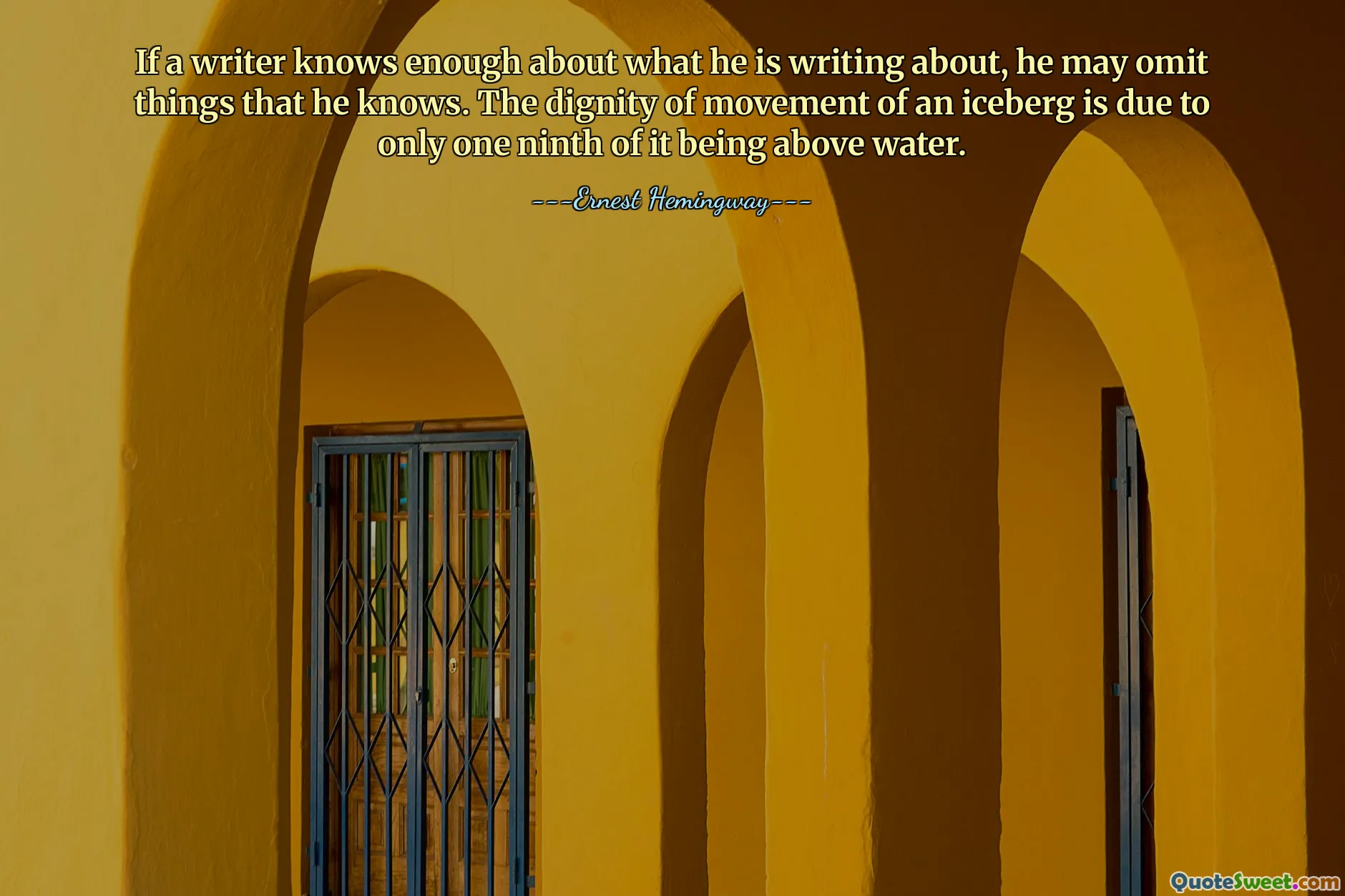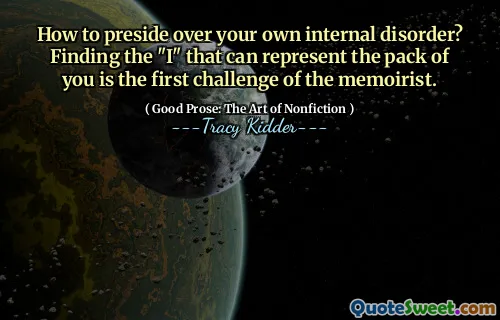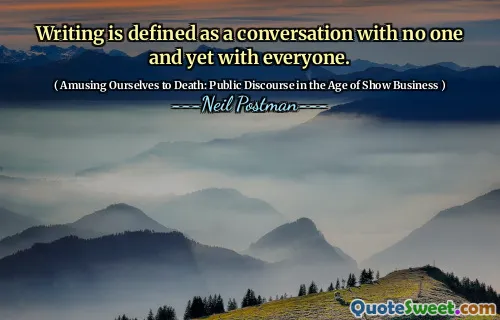
If a writer knows enough about what he is writing about, he may omit things that he knows. The dignity of movement of an iceberg is due to only one ninth of it being above water.
The quote highlights the importance of subtlety and suggestion in effective communication, especially within writing and storytelling. When an author possesses a deep understanding of their subject, they can intentionally leave out certain details, trusting that the reader's mind will fill in the gaps. This technique not only creates a more engaging experience but also imbues the work with a sense of depth and realism. The analogy of the iceberg is particularly powerful: only a small portion of the iceberg is visible to the observer, while the majority remains hidden beneath the water—yet it’s the visible part that commands attention and curiosity. This metaphor emphasizes that what is left unsaid can be far more significant than what is explicitly stated. In writing, this translates to the craft of showing rather than telling, allowing readers to interpret, infer, and participate actively in the narrative. Skillful omission encourages readers to use their imagination, making the story resonate more profoundly. It also demonstrates the writer's mastery, as knowing what to omit requires insight into human perception and the storytelling journey. In a broader sense, the quote advocates for the value of restraint and subtlety in all forms of communication, reminding us that over-explaining can diminish impact, while leaving space for the audience to engage deeply adds richness and vitality to the exchange.











